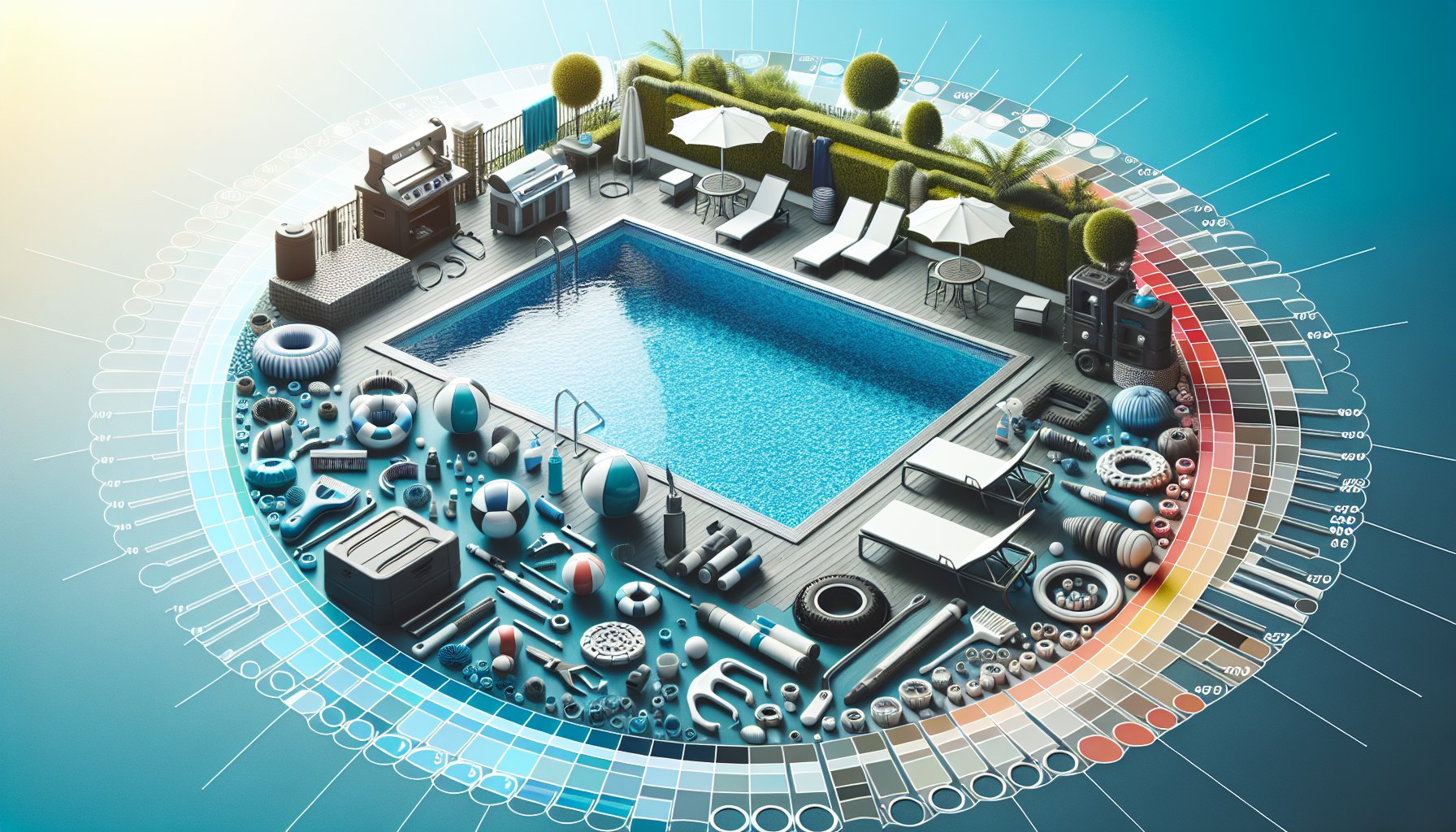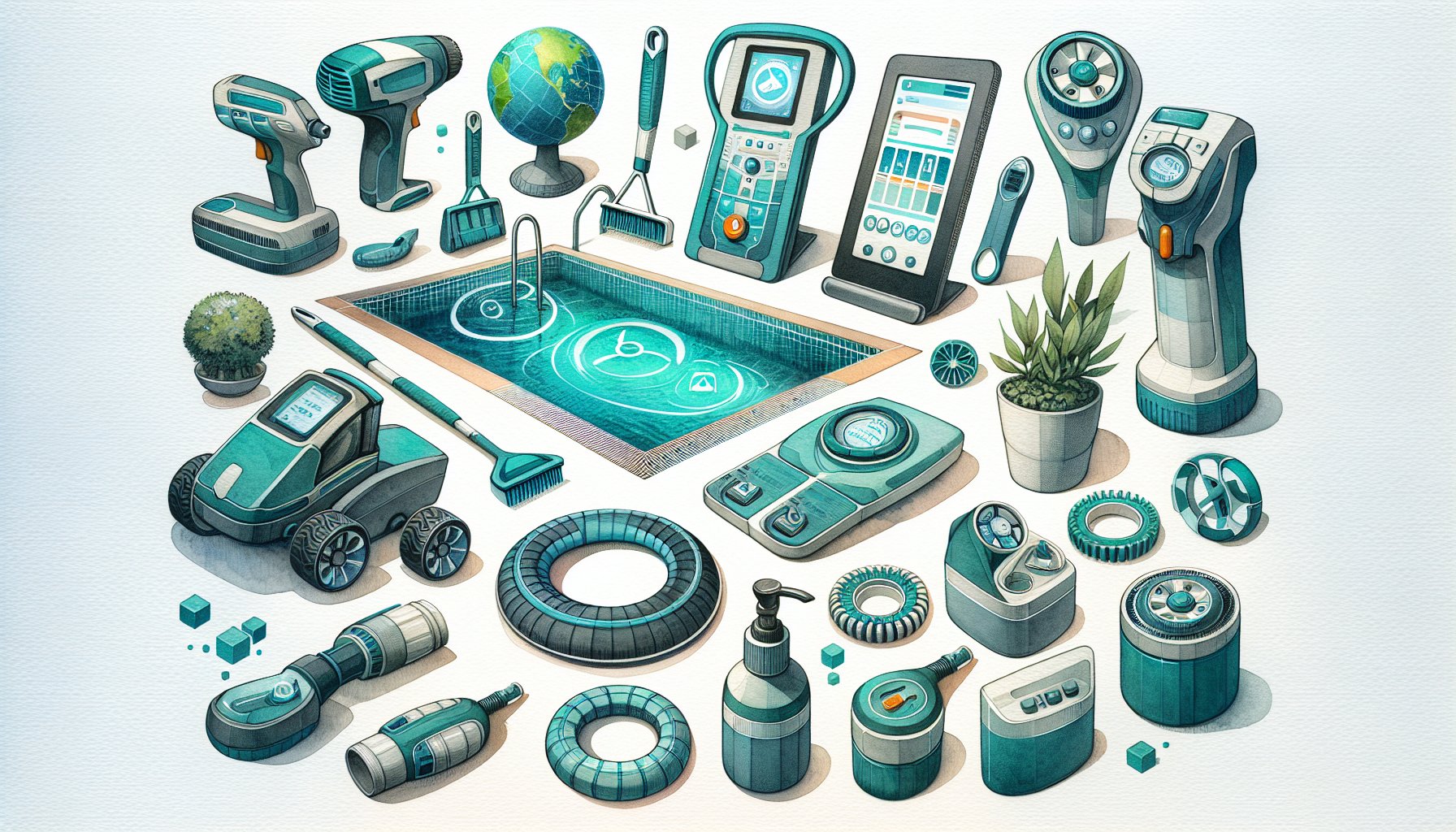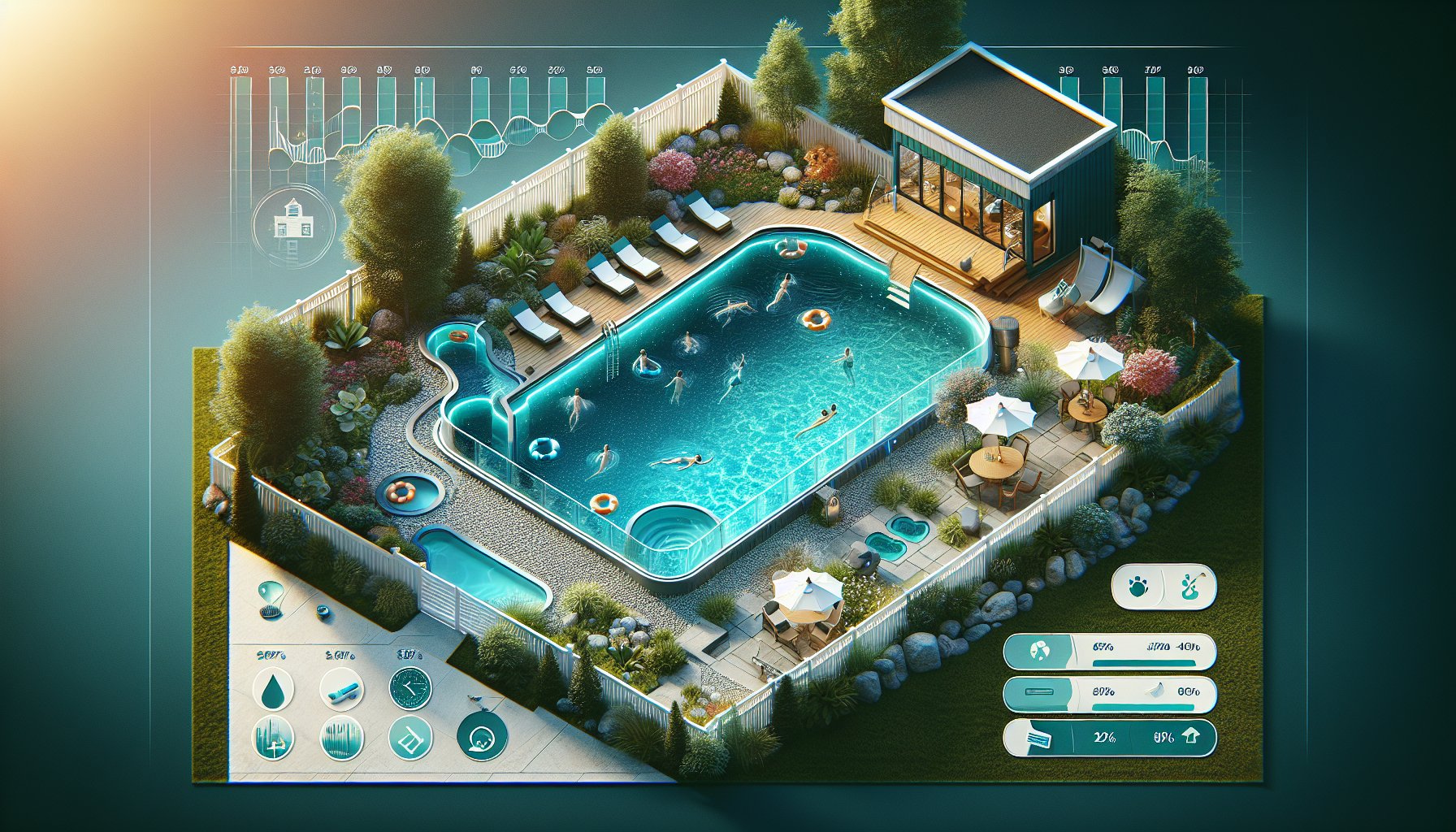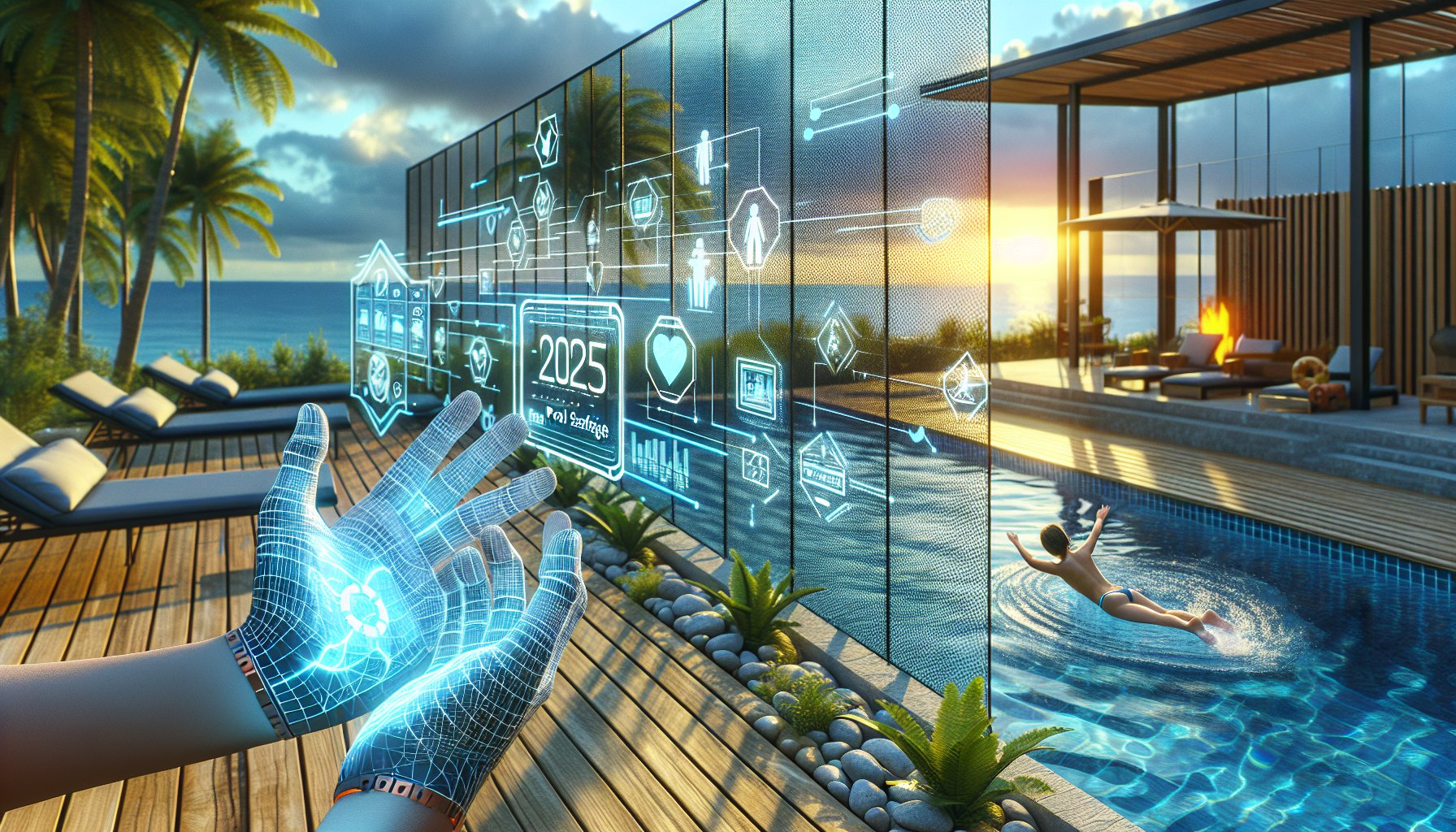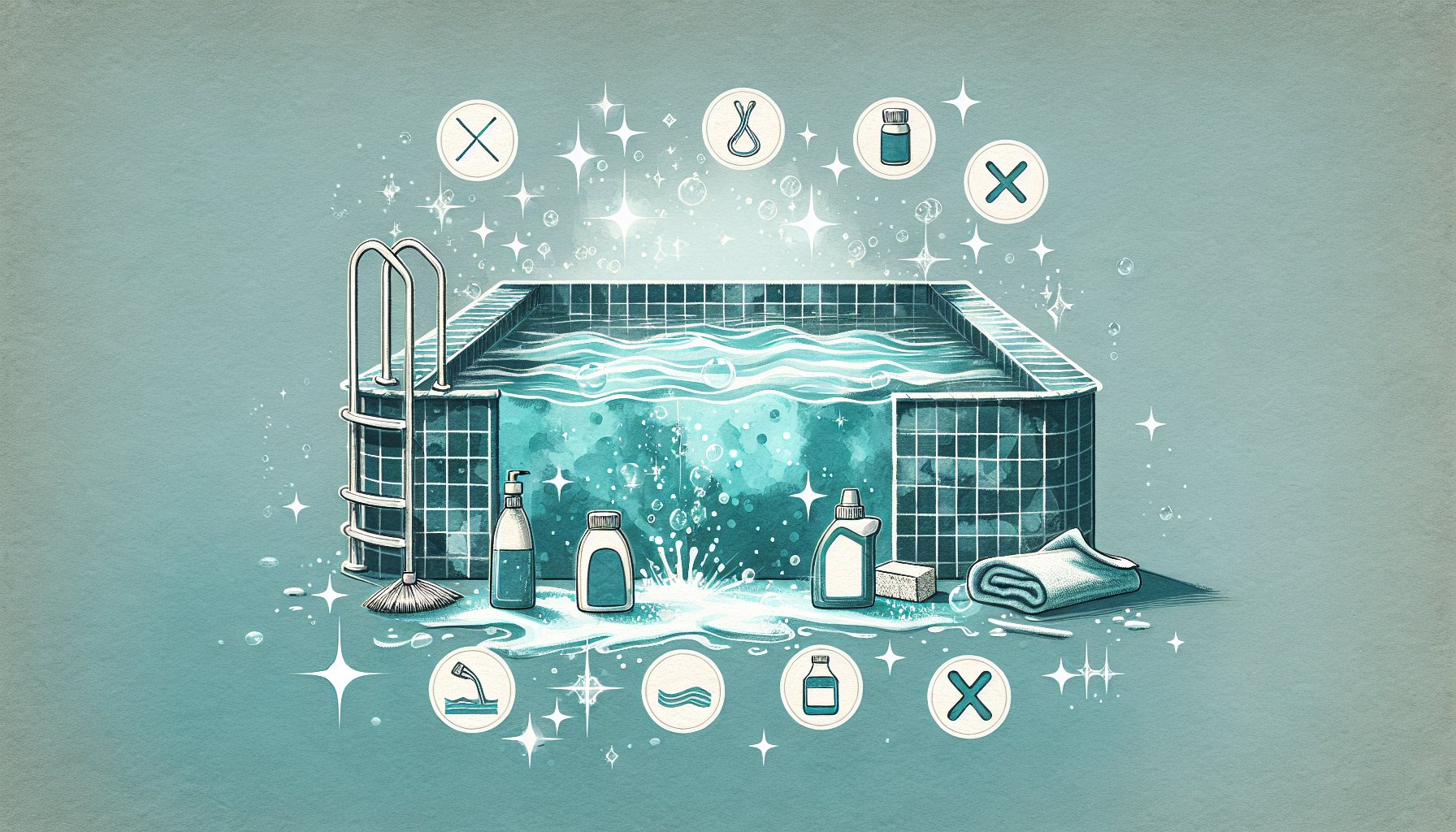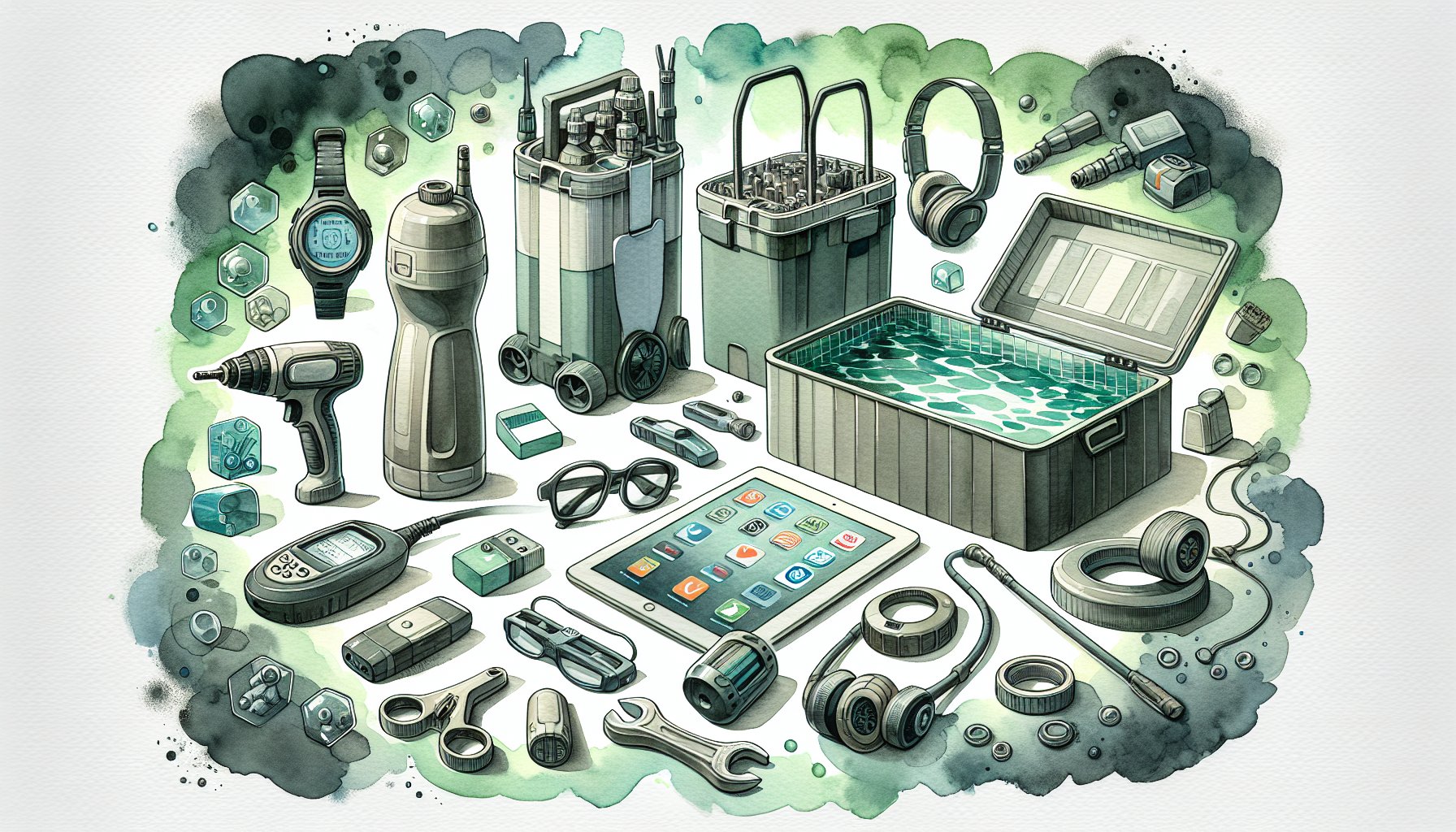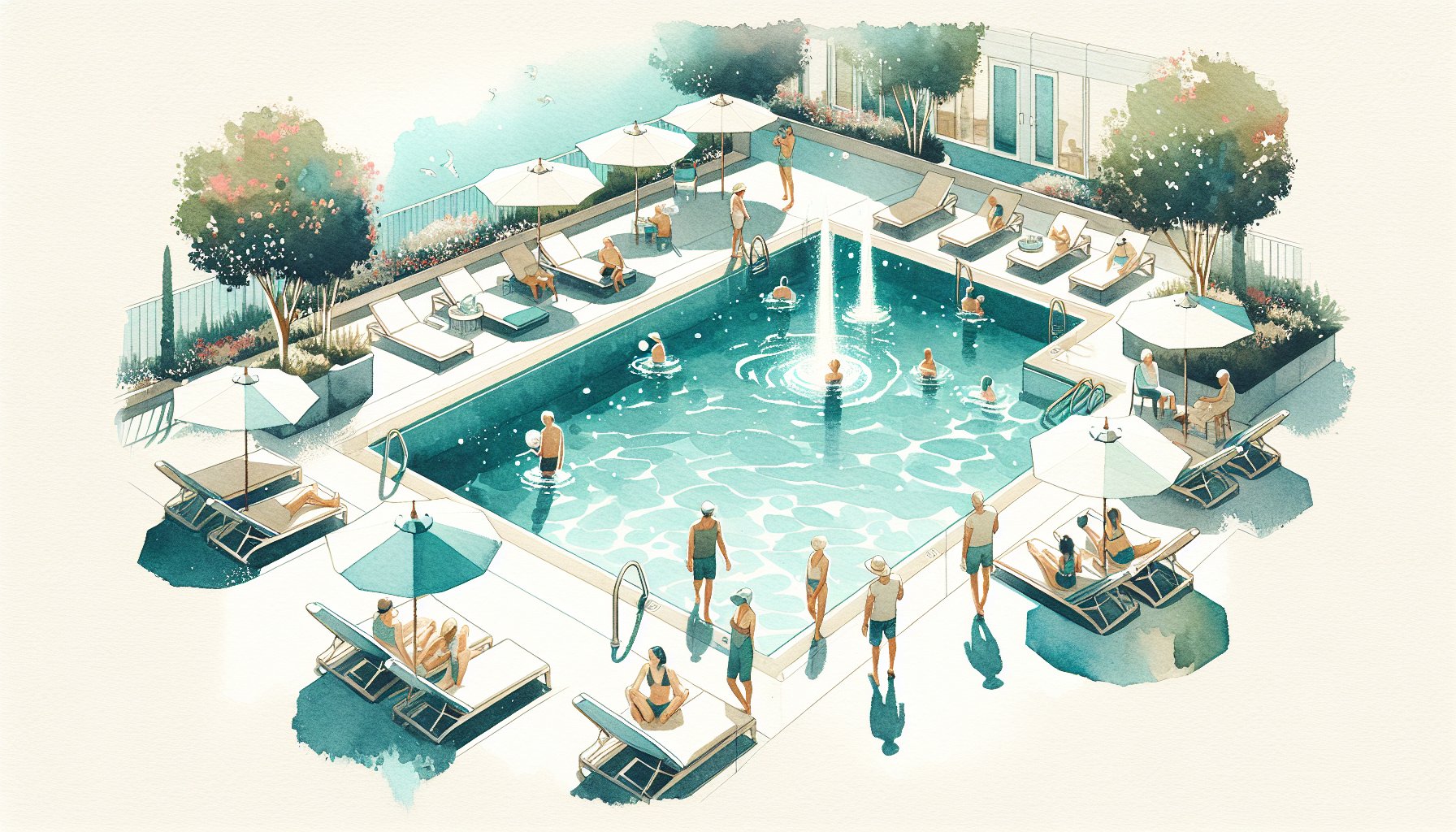Pool Maintenance
Mythbusting Pool Care: 7 Misconceptions Every Pool Owner Should Know
Dive into the truth behind pool care with our guide on the 7 misconceptions every pool owner should know. From chlorine myths to winterization tips, empower your maintenance routine and keep your pool sparkling all year round!
Aug 21, 2025
5 min read
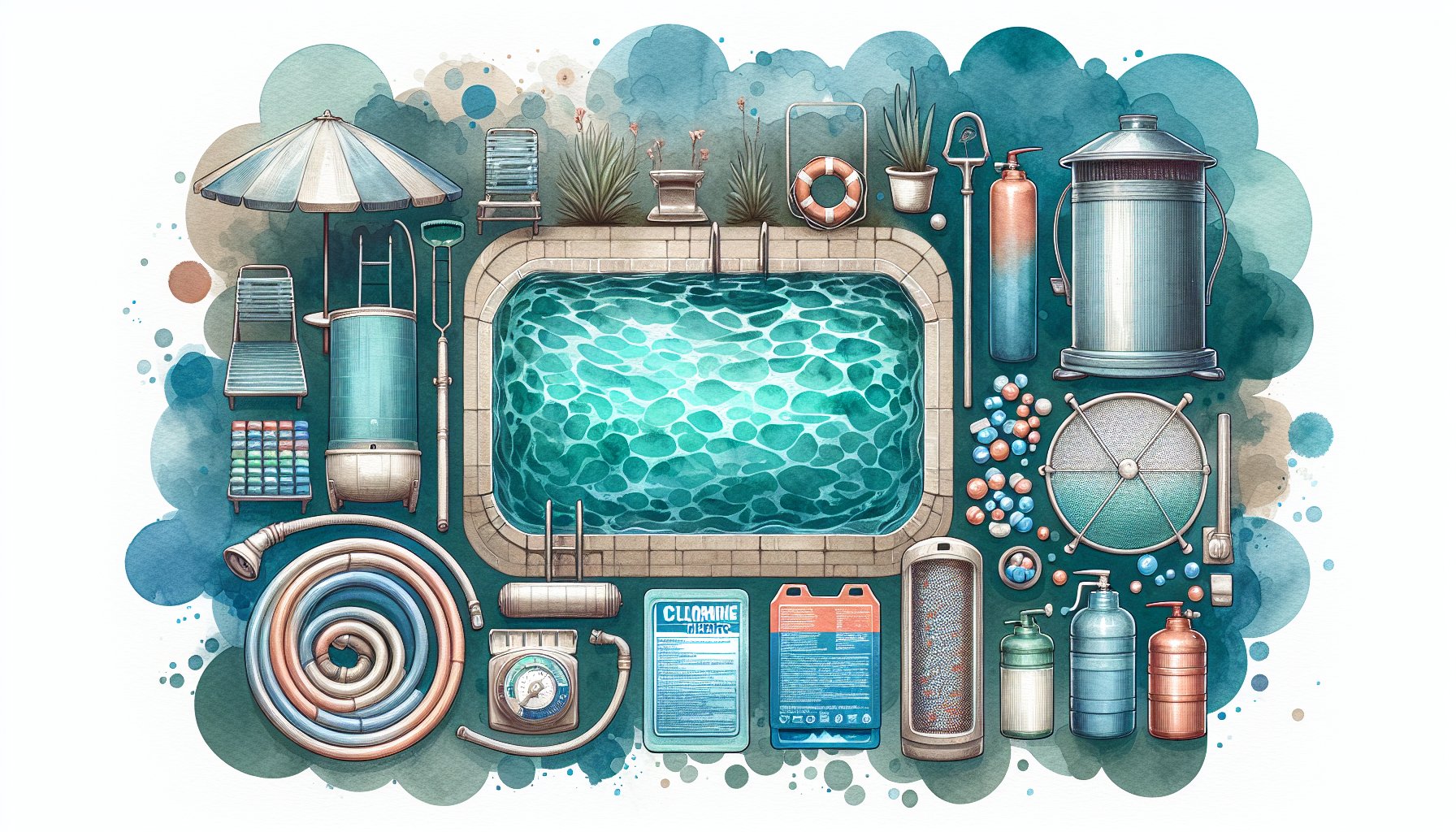
Cleansing the Waters: Debunking Pool Care Myths for Savvy Owners
Owning a pool seems like a ticket to endless summer bliss. But, oh, the myths pool owners wade through! Misconceptions About Pool Maintenance are more common than those snack-stealing seagulls at the beach and can lead even the most diligent owners to splash around inefficiently. It’s time we dive deep and separate fact from fiction. Let's ensure your pool remains a sparkling oasis rather than an algae-filled swamp.
1. The Chlorine Conundrum: More Than Just a Smell
Ah, chlorine, the smell of summer, right? Wrong. If your pool reeks of chlorine, it's not a sign of cleanliness but a plea for help. That pungent odor is caused by chloramines formed when chlorine binds with sweat, sunscreens, and... well, let's just say other organic matters. Effective pool maintenance demands more than just a splash of chlorine. It involves a balanced symphony of pH, alkalinity, and circulation. Think of it as a gourmet recipe, where chlorine is just one ingredient, not the star. Without regular testing, your pool could turn into a bacteria breeding ground faster than you can say "cannonball!"
2. Shocking Realities: A Matter of Prevention
Contrary to popular belief, shocking your pool is not just a last-minute rescue mission after the water turns pea soup green. Shocking is preventative maintenance at its finest. It's like investing in regular dental checkups to avoid root canals. Regular shocking breaks down chloramines and keeps your water sparkling and safe while preventing unwelcome surprises. Your neighbors might think you’re a pool wizard, but really, you’re just following the science.
3. Skim, Sweep, and Repeat: Beyond the Surface
Skimming leaves off the surface is akin to dusting your bookshelves and ignoring the cobwebs in the corner. Sure, it makes you feel accomplished, but real cleanliness lies deeper. Regularly brushing the walls and floor and vacuuming up settled debris keeps the pool inviting and reduces chemical use. Remember, perfection is more than skin deep, or in this case, water deep.
4. Beyond Blue: True Water Clarity
The vibrant blue of your pool may scream "dive in," but don’t be fooled. Pool color isn’t just a matter of aesthetics. Crystal-clear water can hide issues like corrosion or imbalanced pH levels that could irritate swimmers or damage pool infrastructure. Regular testing ensures that the beauty of your pool isn't skin-deep but rooted in safety and clarity. Blue might be your favorite color, but let's ensure that's not the only reason your pool is blue.
5. The Filter Fable: Bigger Isn’t Always Better
In the world of pool filters, size isn’t everything. Oversized systems might bring more complexity than clarity, leaving you tangled in maintenance issues. Think Goldilocks, find the filtration system that's just right, balancing effective cleaning with manageable energy use. Bigger might be better for birthday cakes, but for pool filters, efficiency is key.
6. The Myth of Automatic Vacuuming: Not a Cure-All
Automatic vacuums are like the Roombas of the pool world, helpful, but they still need a little human oversight. Relying solely on them while ignoring chemical balance leads to lurking nasties like algae. Automation adds convenience, but it doesn’t replace regular testing and manual spot checks. Embrace technology, but don’t let it lull you into a false sense of security.
7. The pH Puzzle: Nailing the Balance
The pH level of your pool isn't just numbers on a chart, it's a key factor in water balance and swimmer comfort. High pH levels can cause irritation, while low pH can corrode your pool infrastructure faster than you can say "chlorine shock." Regular testing ensures that your pool remains balanced and inviting. A little attention goes a long way in avoiding the chemical rollercoaster.
8. Seasonal Swimming: Embrace Winterization
Winter's not the end of pool season; it’s just intermission. Proper winterization isn't scary, it’s essential. Reduce water levels and manage chemicals to prevent freezing damage. A good cover keeps debris out and minimizes algae growth, ensuring your pool returns to its former glory by spring. Embrace winterization like a warm cup of cocoa, it’ll make spring’s pool reopening much sweeter.
9. Your Pool’s Health: Rally the Community
Teamwork makes the pool work! By sharing knowledge and pooling (pun intended) resources with neighbors, you can create a network of informed pool owners. Host neighborhood workshops or group buys for chemicals. Shared experiences build a sense of community and demystify pool care, leading to safer, cleaner pools for everyone.
10. The Future of Pool Care: Technology and You
Welcome to pool care's bright future! Smart technology is revolutionizing maintenance, with automated systems that monitor water quality and adjust chemicals with the tap of a screen. Sustainable practices, think solar heating and eco-friendly chemicals, are becoming more common. Technology may be transforming maintenance, but the real magic is in the seamless blend of innovation and your vigilance.
In conclusion, understanding the science behind pool care empowers you to maintain an oasis that's as safe and inviting as it is beautiful. As you splash away misconceptions and embrace informed pool maintenance, remember: the key to a perfect pool isn't just what’s on the surface, it’s the chemistry beneath. So, dive into pool ownership with confidence, knowing you're equipped to handle any myth that comes your way.
TL;DR
Pool myths can lead to poor maintenance practices. Chlorine isn't a standalone hero, balance pH and alkalinity too. Don't wait to shock until it's murky; prevent issues with regular maintenance. Skimming isn't enough; scrub and vacuum regularly. Your pool's blue isn't just pretty; it needs regular testing to stay clear and safe. Bigger filters aren't always better; size it right. Automatic vacuums help but don't replace manual care. Understand pH for comfort and safety. Winterizing isn't scary; it's necessary. Share knowledge with neighbors for better pool care. Embrace tech for easier maintenance.
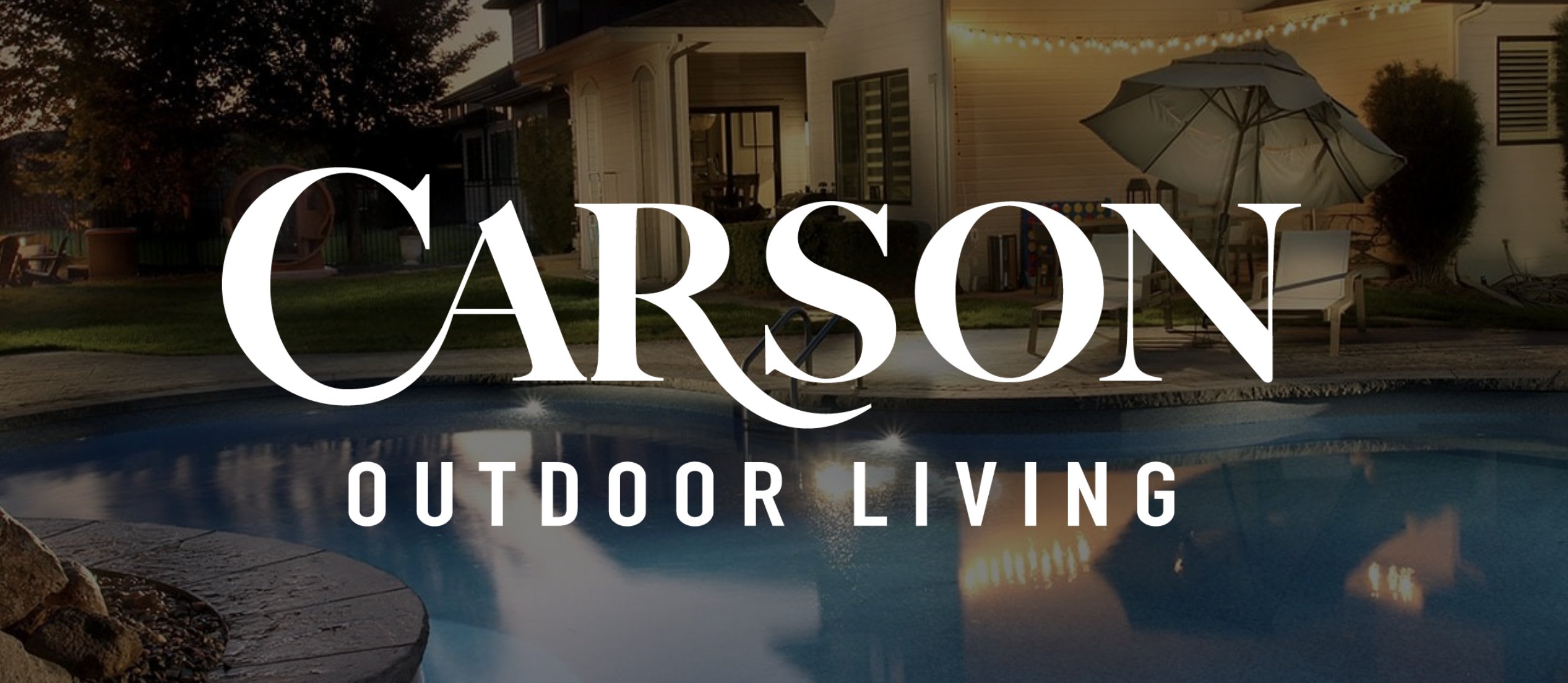
Need Help?
Check out these related products that can help:

